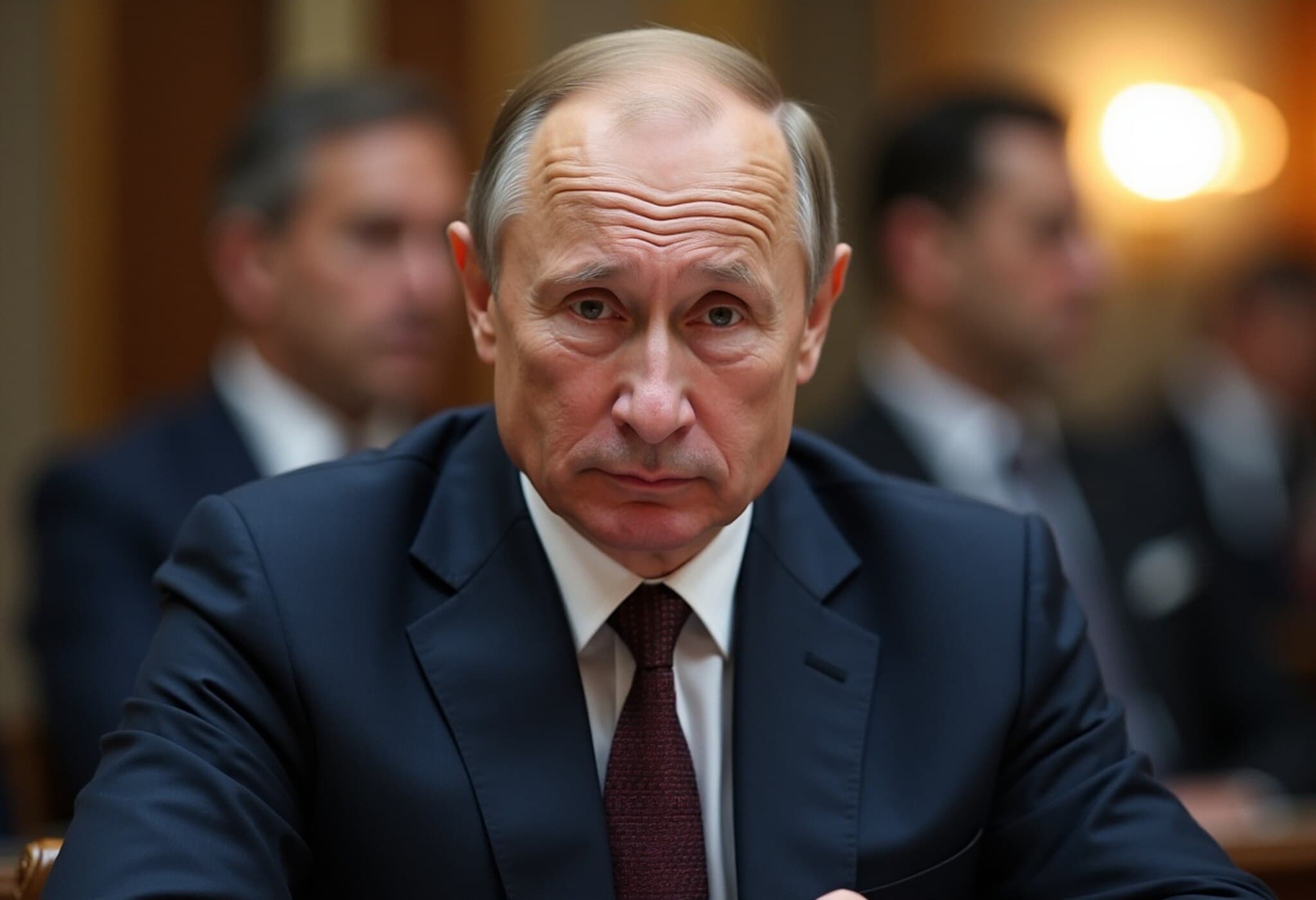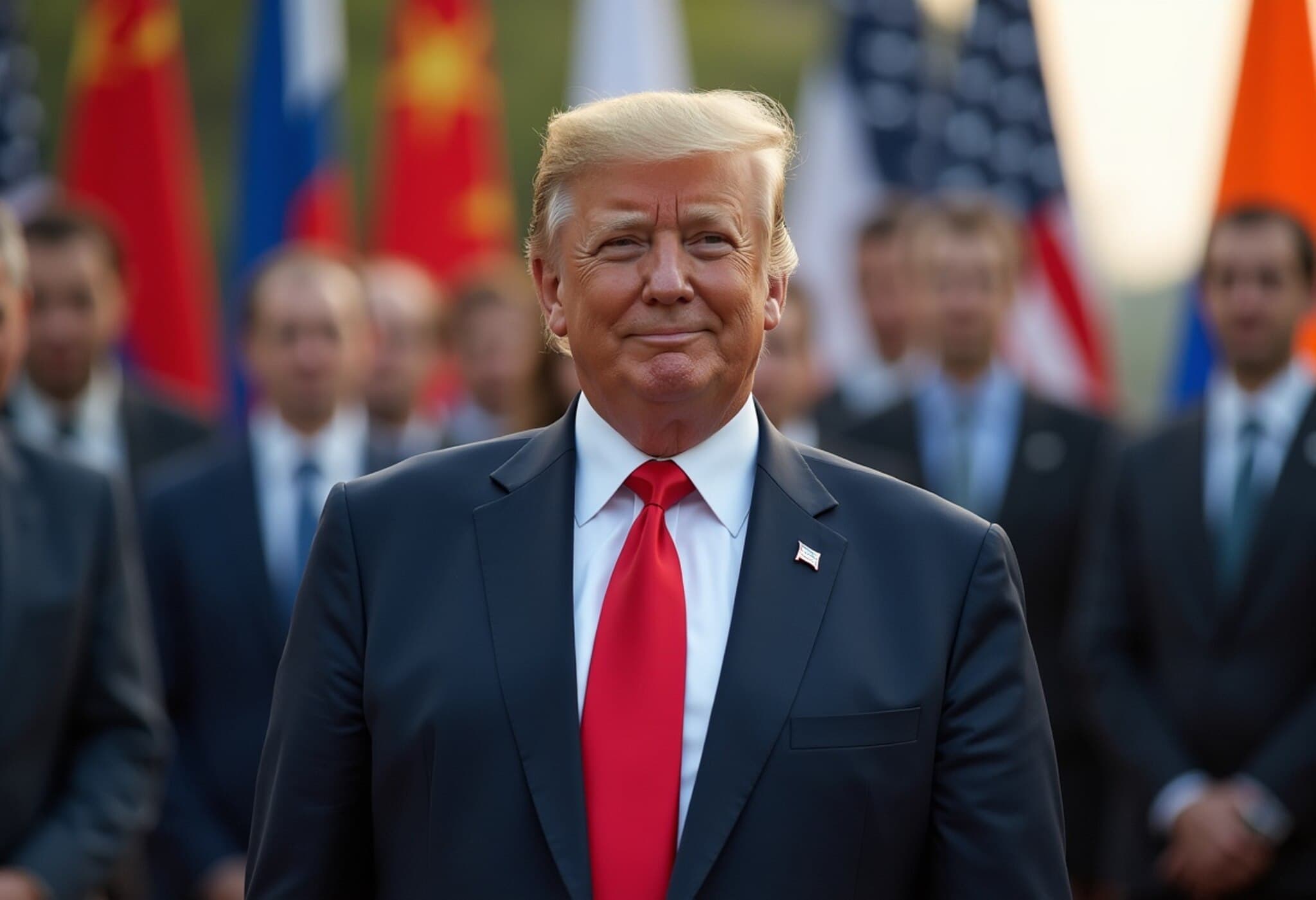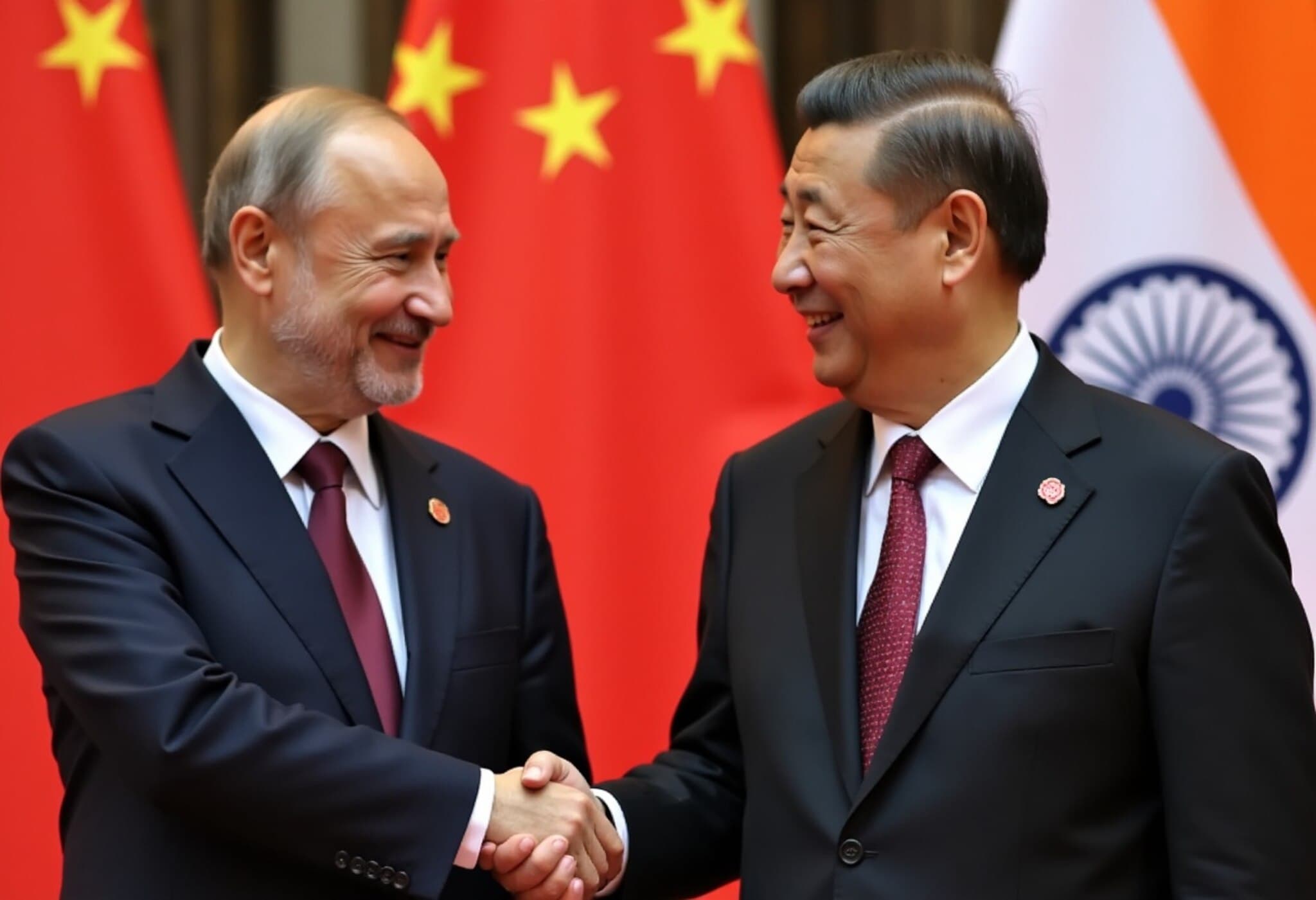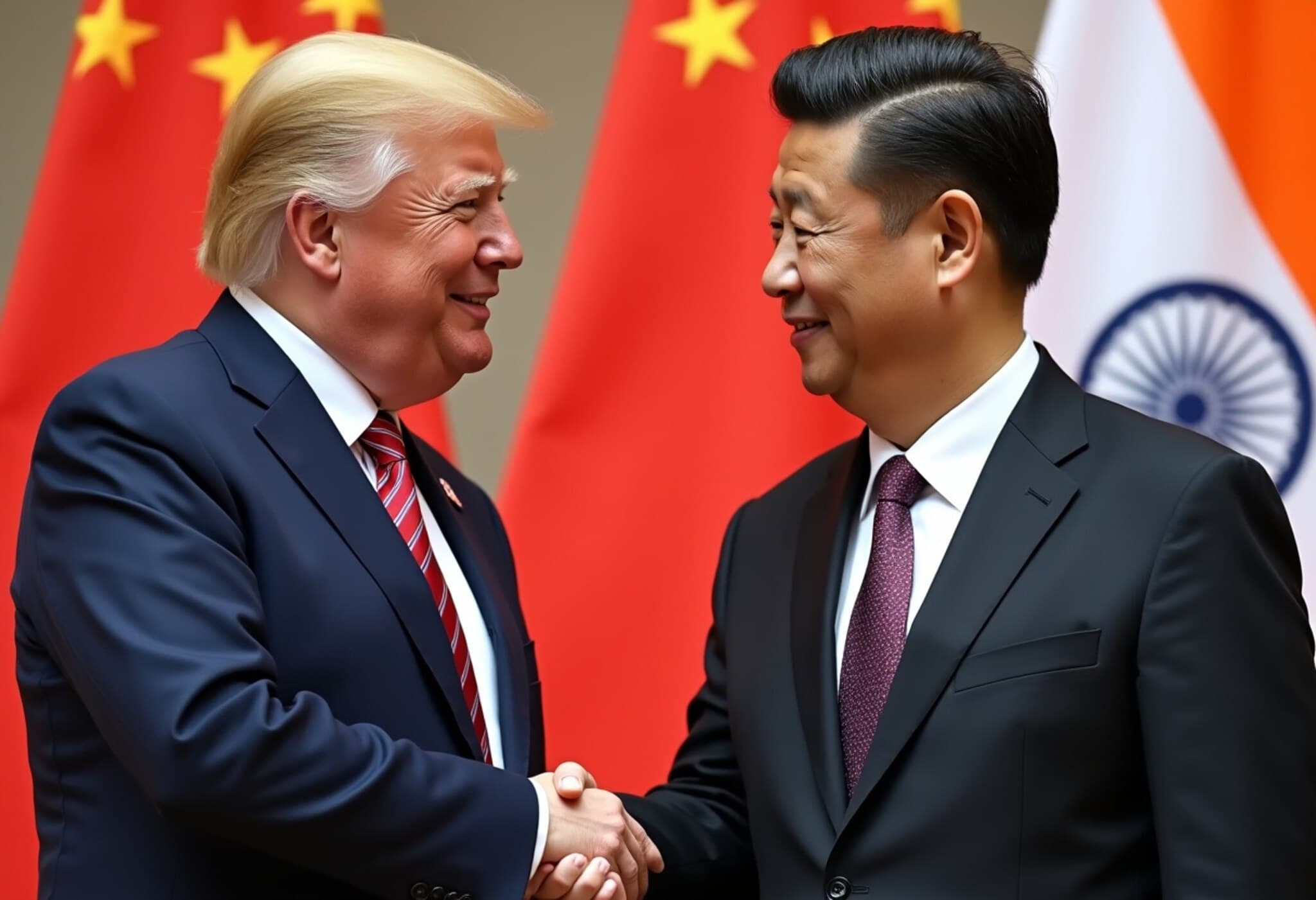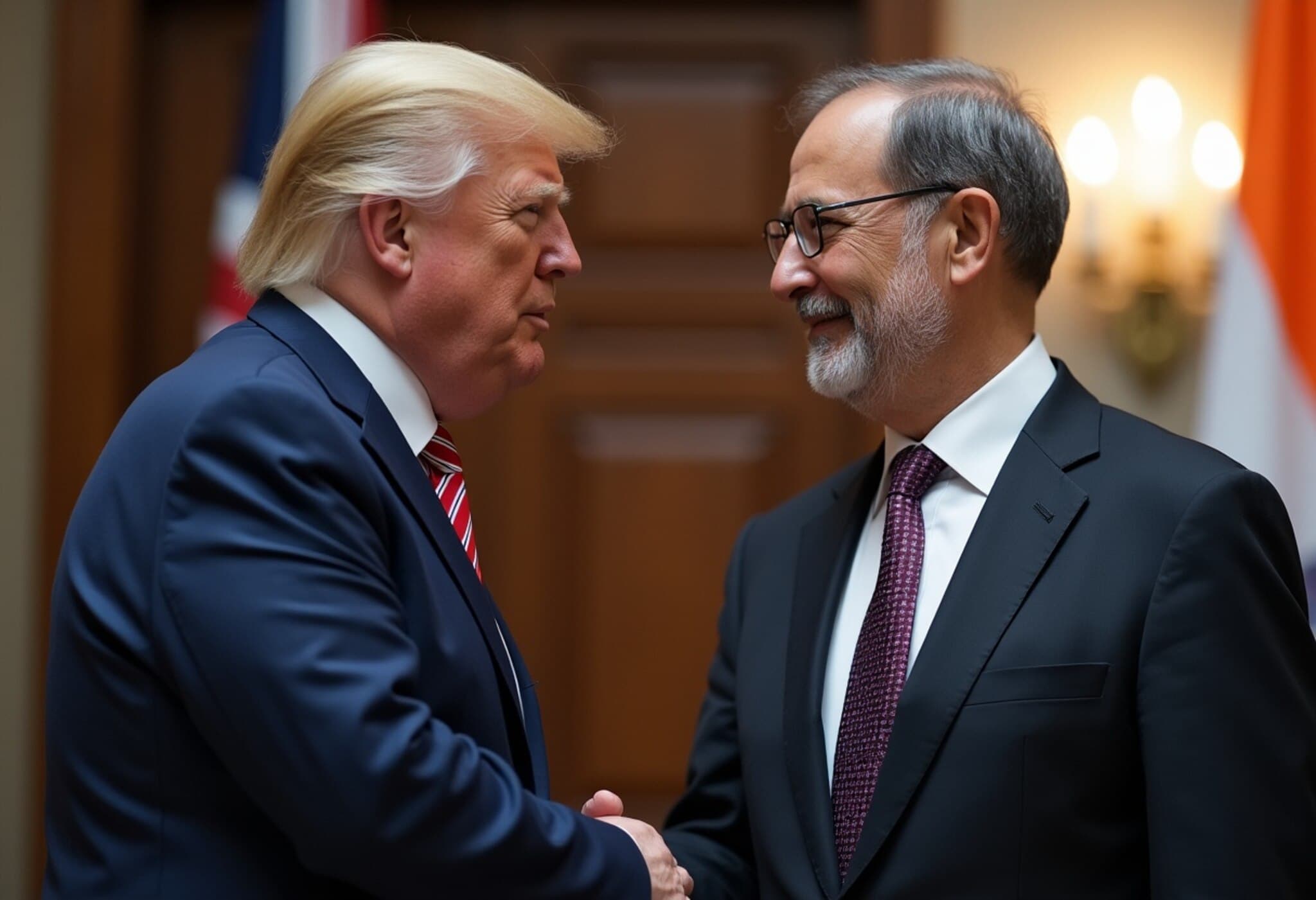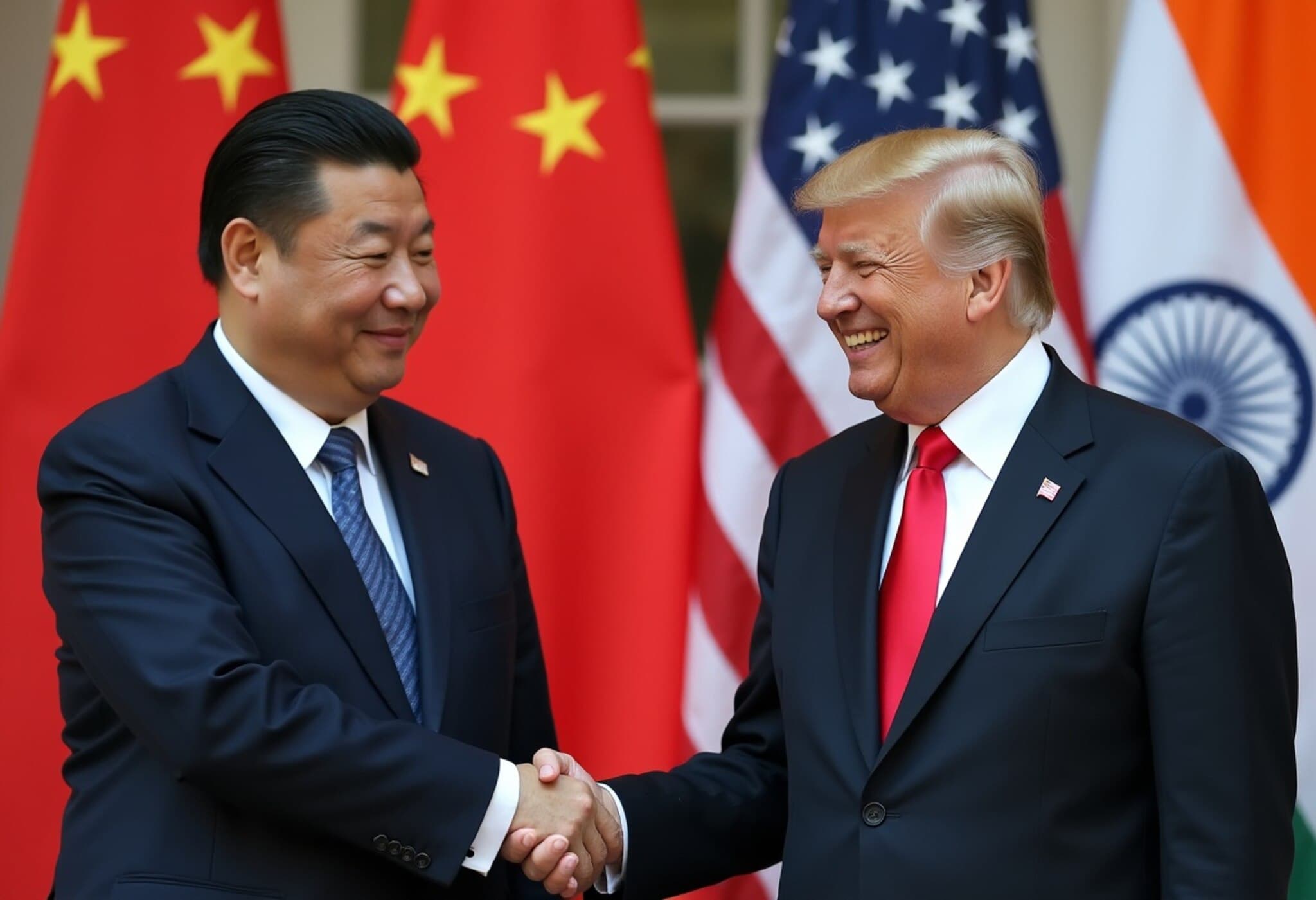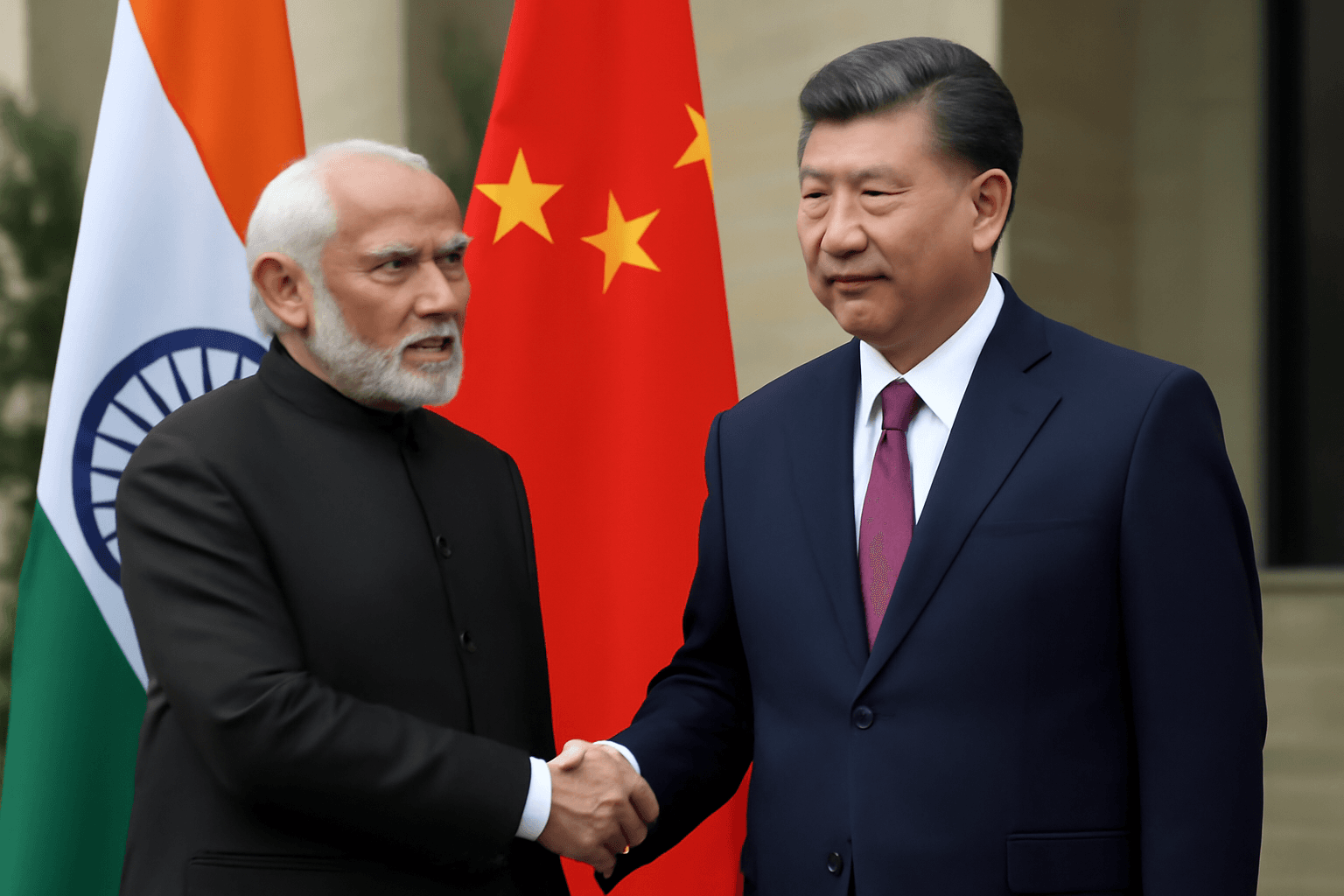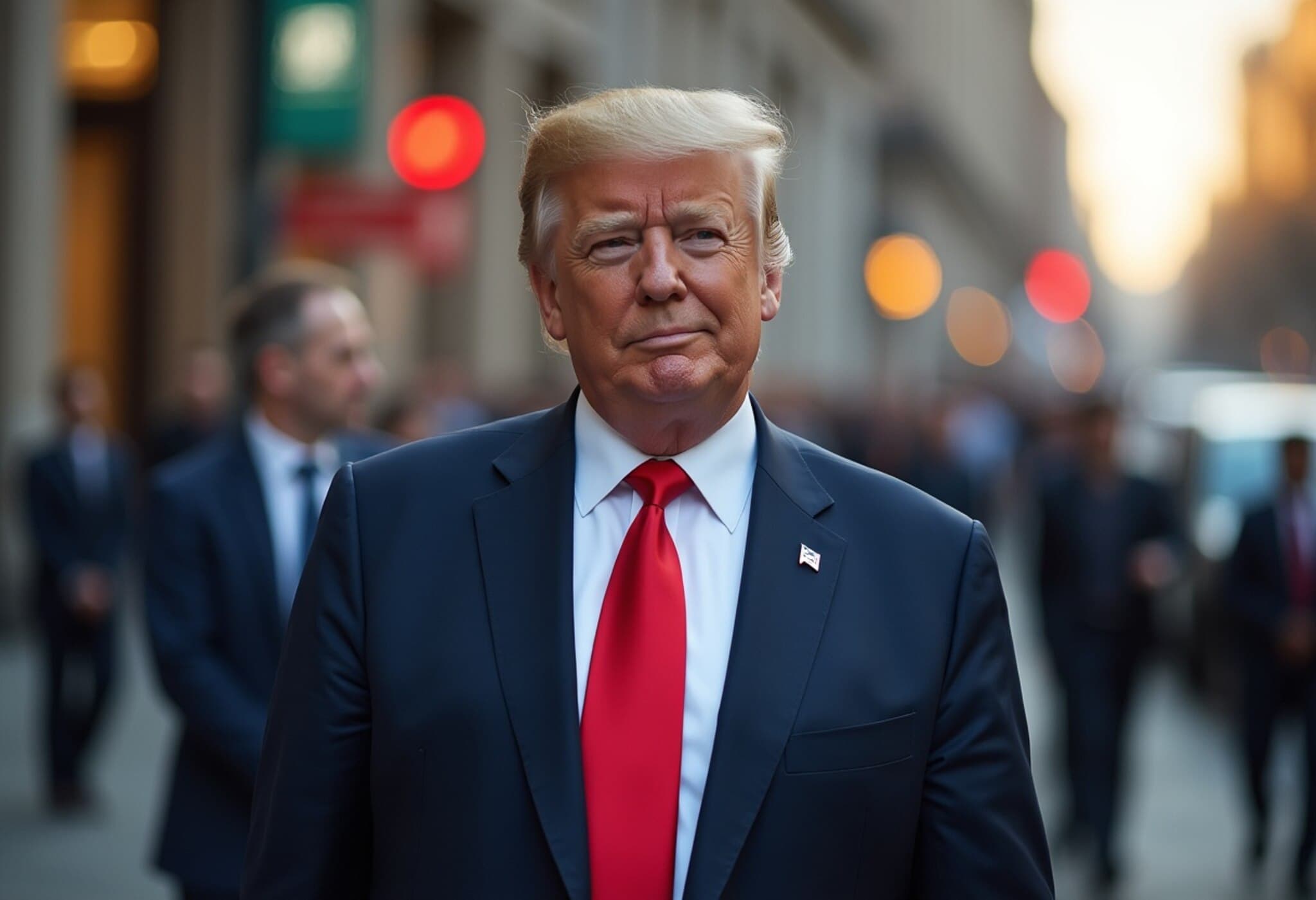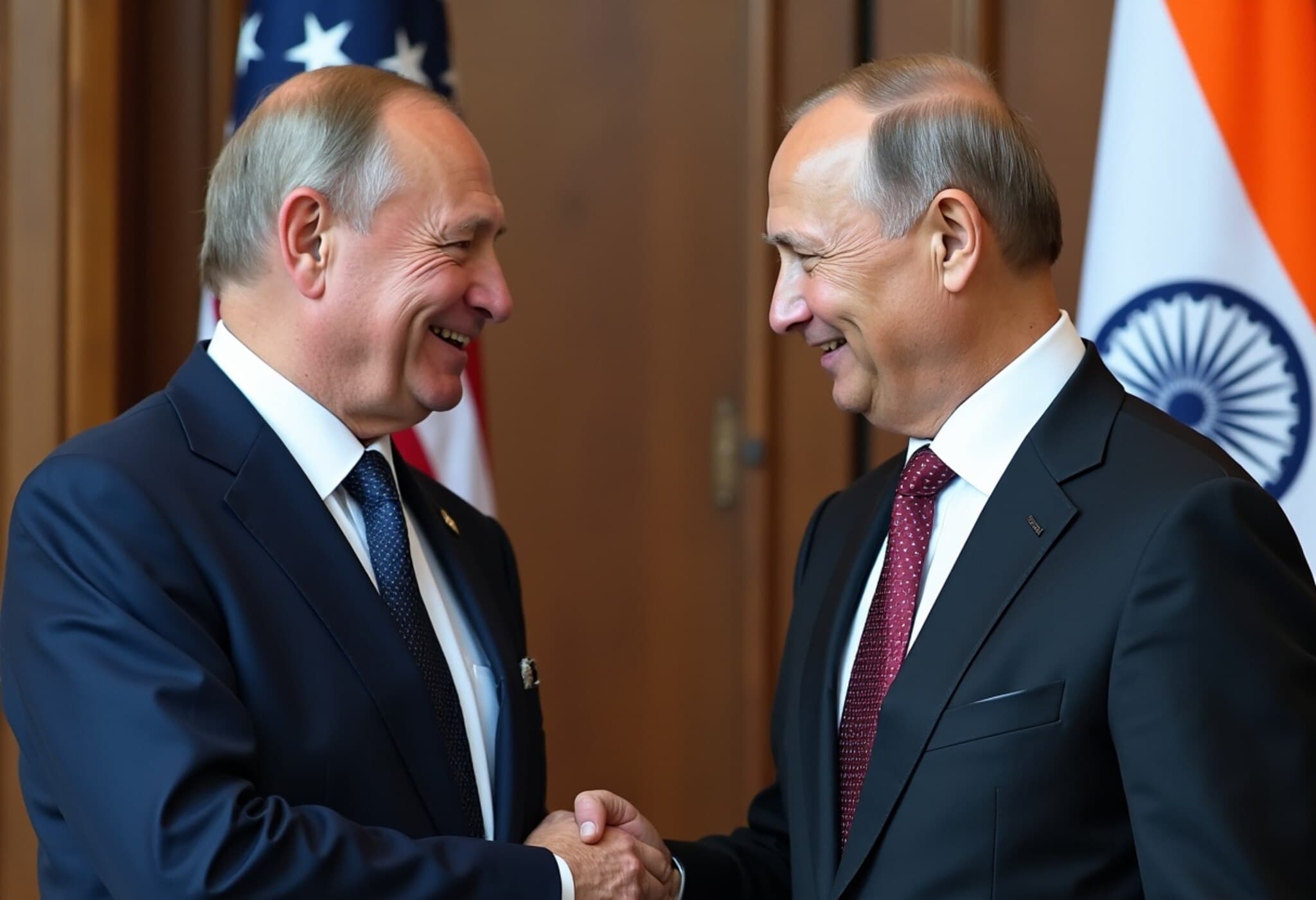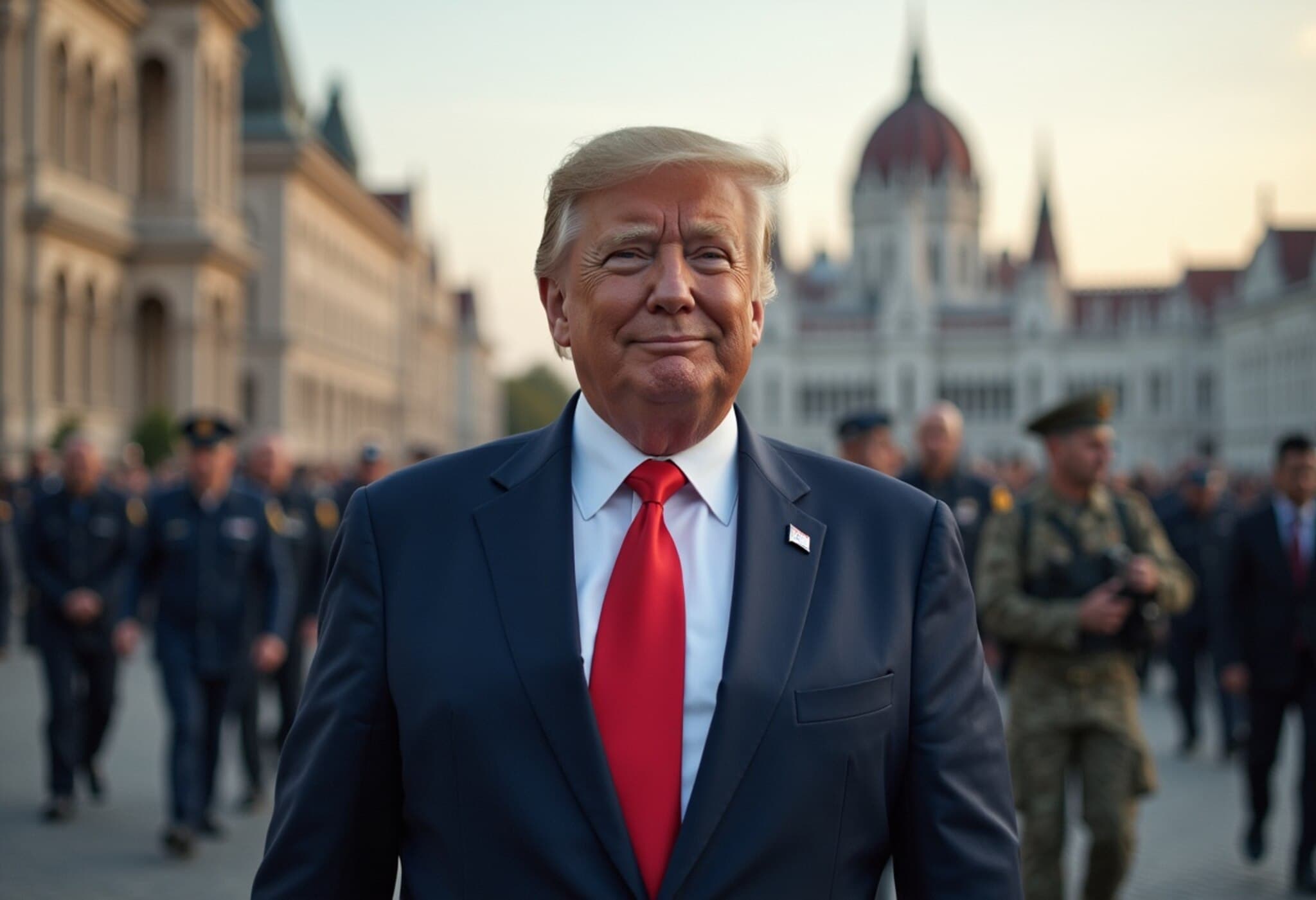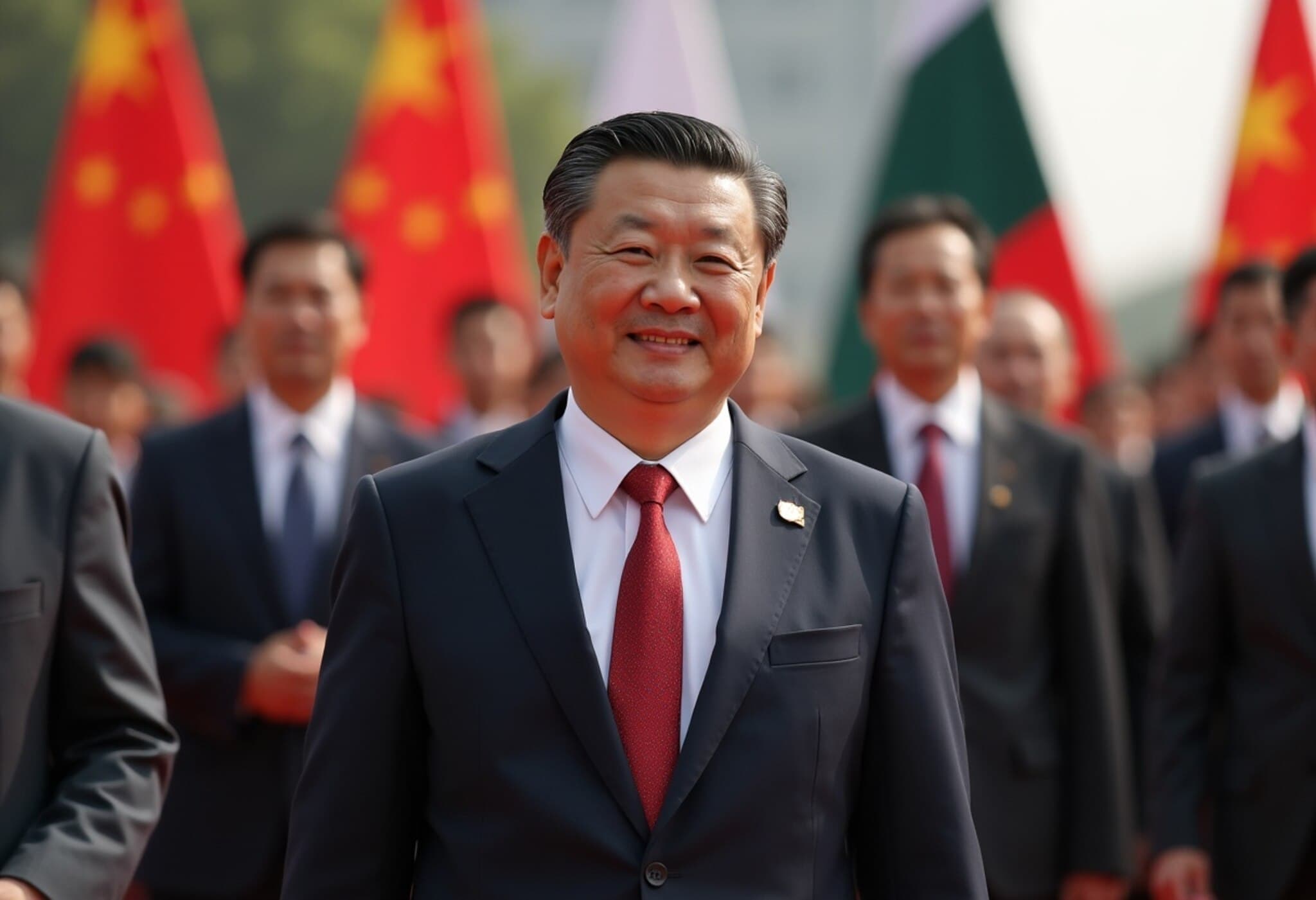Belarus and Iran Deepen Military and Strategic Partnership
In a recent diplomatic development, Belarus and Iran—two nations closely aligned with Russia amid its ongoing conflict in Ukraine—have announced plans to significantly enhance their bilateral relationship, particularly in military cooperation. This pact was solidified during high-level talks held in Minsk, where Presidents Alexander Lukashenko and Masoud Pezeshkian agreed to pursue a strategic partnership to navigate the complex geopolitical landscape together.
Strategic Alliance in Turbulent Times
According to Belarusian state news agency Belta, Lukashenko described the evolving partnership as a series of "consistent and balanced steps" towards broader collaboration. He emphasized that "no issues are off the table," signaling a readiness to explore cooperation not just militarily, but across all sectors that could bring mutual benefit.
"In conditions of geopolitical turbulence, Minsk and Tehran are undertaking consistent and balanced steps to further develop cooperation, and are working hard to turn each new challenge into a new opportunity," Lukashenko stated, underscoring their shared interest in countering the impacts of Western sanctions and international isolation.
Military-Technical Cooperation at the Forefront
Belarus, a strong supporter of Russian President Vladimir Putin, has played a pivotal role in Russia’s military operations in Ukraine, notably by allowing Russian forces to stage attacks from its territory and agreeing to host Russian tactical nuclear weapons. Meanwhile, Iran has supplied Russia with drones used in the conflict and formalized a strategic cooperation agreement with Moscow earlier this year.
President Pezeshkian highlighted the need to align trust with tangible economic and military progress. "Of course, our common views should be implemented in the economic and cultural spheres, in the development of tourism between our countries, and also, as you noted, in the development of military-technical cooperation," he said. The duo also touched on possibilities for expanding economic partnerships and cultural exchanges, signaling a multi-dimensional alliance beyond just defense.
Confronting Western Sanctions
Both nations find themselves under the weight of what Pezeshkian called "illegal Western sanctions." Iran, with over four decades of experience navigating economic sanctions, offered assistance to Belarus in mitigating these pressures. This collaboration hints at a broader strategy by these states to build resilience against external economic constraints and diplomatic isolation.
Implications for Regional and Global Security
This bolstered alliance between Belarus and Iran represents more than just a bilateral relationship; it reflects a concerted push by countries aligned with Russia to solidify ties amid escalating global tensions. For policymakers and analysts in the United States and Europe, this partnership raises critical questions about the proliferation of military technology and the strengthening of strategic networks that could alter the balance of power in Eastern Europe and the Middle East.
Experts suggest this cooperation might lead to enhanced military capabilities that could complicate diplomatic efforts or conflict resolution strategies related to Ukraine and regional stability.
What Lies Ahead?
- Economic Integration: Expect initiatives aimed at enhancing trade, tourism, and cultural exchanges to reduce reliance on traditional Western economic systems.
- Military Collaboration: Joint development or acquisition of defense technologies and potential joint exercises might increase.
- Sanctions Circumvention: Strategies to bypass or neutralize Western sanctions could become more sophisticated, leveraging Iran's extensive experience.
- Geopolitical Ramifications: A stronger Belarus-Iran axis could influence broader regional dynamics, challenging existing alliances.
Editor’s Note
The newly forged partnership between Belarus and Iran serves as a vivid reminder that global geopolitics is increasingly fluid, with states seeking alliances beyond traditional arenas to secure their strategic interests. While much of the global focus remains on direct conflict zones like Ukraine, the groundwork being laid in cities like Minsk underscores an emerging multipolar world where alliances are swiftly recalibrated. The enduring question is how Western policymakers can respond effectively to these evolving partnerships without escalating tensions further.
As the situation develops, close monitoring of Belarus and Iran’s military cooperation, economic strategies, and diplomatic engagements will be crucial to understanding the broader implications for international security and economic stability.




